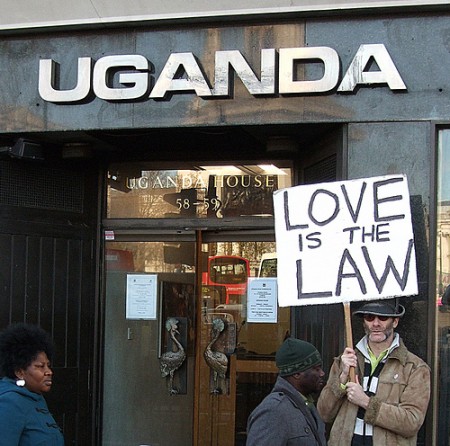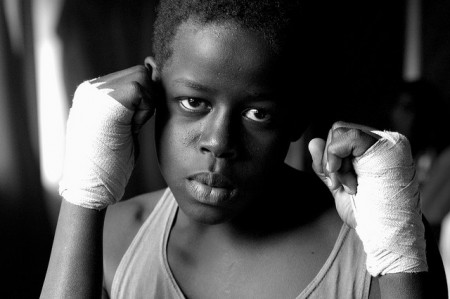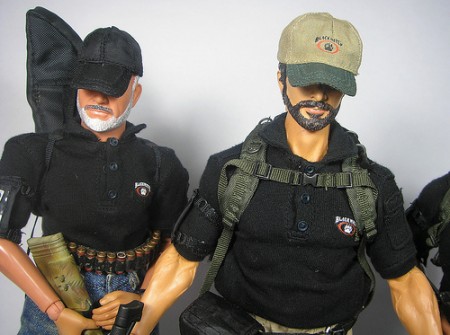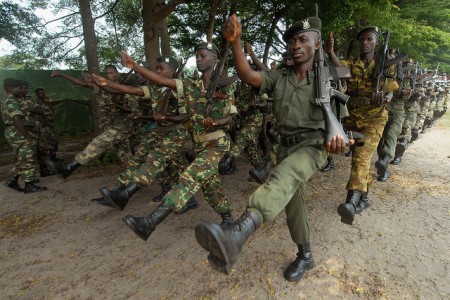
Promising news from Uganda: the parliament has adjourned without debating a controversial bill that would have mandated life prison for homosexual acts and the death penalty for ‘aggravated’ cases. The move to wipe the draft laws from the agenda came amid mounting pressure from governments and citizens around the world. Bills not completed in the old parliament must be resubmitted to be considered. The fight isn’t over yet, but last week’s developments may prove to be a critical milestone for gay rights in Africa.
We have offered regular coverage of this issue:
- You Can Run – Or You Can Hide recounts the assassination of gay rights campaigner David Kato Kisule and how homophobia in Uganda has grown even stronger in the wake of the murder.
- Many western media outlets and human rights groups have failed to provide a proper context for understanding this new wave of homophobia. Gay Rights (and Wrongs) in Africa analyzes the complex cultural and political factors that underpin anti-gay fervor.



